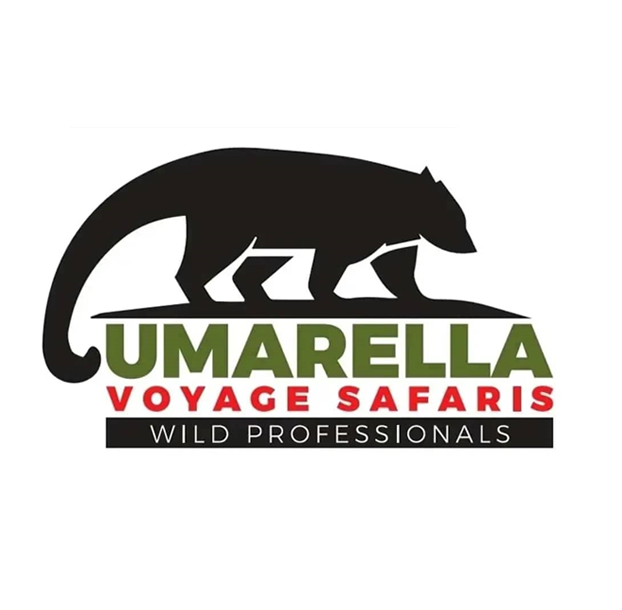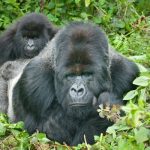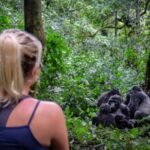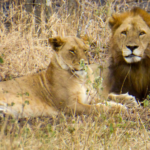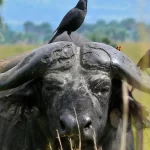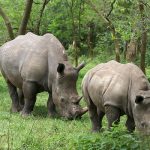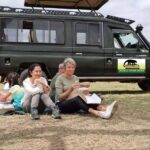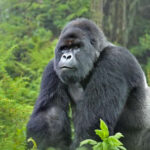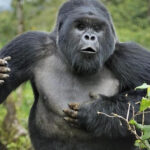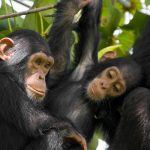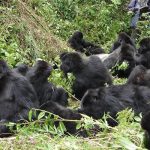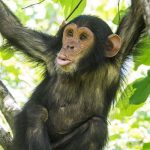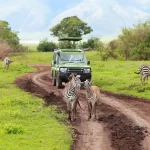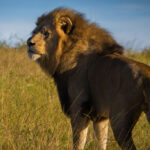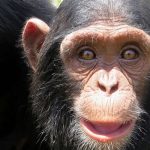Gorilla Trekking and COVID-19
Gorilla Trekking and COVID-19: The COVID-19 pandemic has significantly impacted the tourism industry worldwide, including gorilla trekking in Africa. As countries continue to navigate the challenges of the pandemic, travelers are eager to know how Corona virus has affected trekking mountain gorilla and what measures are in place to ensure a safe experience.
Impact of COVID-19 on Gorilla Trekking
The COVID-19 pandemic led to widespread travel restrictions, park closures, and a significant decline in tourism. Gorilla trekking, a popular activity in Uganda, Rwanda, and the Democratic Republic of Congo, was severely impacted.
Park Closures: National parks in Uganda, Rwanda, and the Democratic Republic of Congo were closed to tourists to prevent the spread of Corona Virus. And this closure lasted for several months, resulting in significant revenue losses for local communities and tour operators.
Travel Restrictions: Governments imposed travel restrictions, for example quarantines, testing requirements, and border closures. These restrictions made it challenging for tourists to travel to gorilla trekking destinations.
Reduced Tourism: The pandemic led to a significant decline in tourism, resulting in economic losses for local communities and tour operators.
Measures in Place for Safe Gorilla Trekking
To ensure a safe gorilla trekking experience, governments, tour operators, and park authorities have implemented various measures:
COVID-19 Testing: Tourists are required to undergo COVID-19 testing before embarking on a gorilla trekking adventure. This testing helps identify potential cases and prevents the spread of the virus.
Social Distancing: Park authorities and tour operators enforce social distancing measures, including maintaining a safe distance from gorillas and other tourists.
Mask-Wearing: Tourists are required to wear masks during gorilla trekking to prevent the spread of COVID-19.
Sanitization: Regular sanitization of equipment, vehicles, and facilities helps prevent the spread of COVID-19.
Limited Group Sizes: Tour operators limit group sizes to minimize the risk of COVID-19 transmission.
Gorilla Trekking Protocols
Further, to ensure a safe and enjoyable gorilla trekking experience, tourists must adhere to the following protocols:
Pre-Trekking Briefing: Tourists receive a comprehensive briefing on Corona virus protocols, gorilla behavior, and trekking rules.
Permit Requirements: Tourists must obtain a trekking mountain gorilla permit, which includes COVID-19 testing and other safety protocols.
Trekking Rules: Tourists must follow trekking rules, including maintaining a safe distance from gorillas, not touching or feeding them, and staying within designated trails
Conclusion on trekking mountain gorilla and Corona Virus
Trekking mountain gorilla is a unique and unforgettable experience, but it requires careful planning and adherence to Corona virus protocols. By understanding the impact of Corona Virus on trekking mountain gorilla and following safety measures, tourists can enjoy a safe and enjoyable experience.
As the tourism industry continues to recover, it’s essential to prioritize the health and safety of tourists, local communities, and gorillas. By working together, we can ensure a sustainable and responsible gorilla trekking experience for generations to come.
